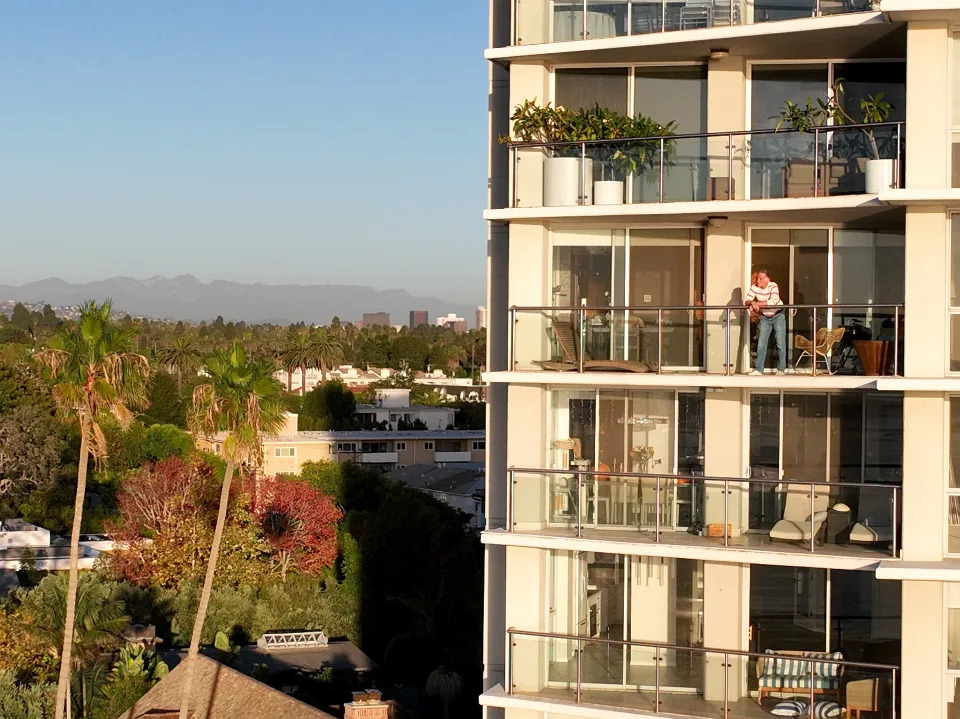The latest Consumer Price Index (CPI) report revealed one category where inflation continues to be stubbornly sticky: housing costs.
Wednesday’s data from the Bureau of Labor Statistics showed that shelter costs ticked up 0.4% month over month in July, higher than June's 0.2% rise. Housing inflation accounted for nearly 90% of the monthly increase in CPI in July.
“The most disappointing aspect of this report was the shelter data,” Omair Sharif, founder of the research firm Inflation Insights, wrote in a note after the report.
Rent and owners' equivalent rent each rose 0.5% and 0.4%, respectively, on a monthly basis in July, slightly higher than June’s 0.3%. Owners' equivalent rent is the hypothetical rent a homeowner would pay for the same property.
"On the surface that’s not a good read because it calls into question the more recent string of lower readings," Sharif added.
Broadly, July's CPI rose 0.2% over the previous month, an uptick from June's 0.1% month-over-month decline.
Economists have been anticipating a slowdown in rent increases to reveal themselves in CPI data for well over a year. But since BLS collects rent data every six months, there's a lag.
A key factor behind the slowdown in rent growth has been new apartment supply entering the market.
“Shelter inflation is likely to continue to fade given its well-understood lags, likely leading to a continuation of disinflationary trends in the coming months for headline inflation measures,” Josh Jamner, investment strategy analyst at ClearBridge Investments, wrote in a statement after the CPI's release.
Shelter costs increased 5.1% in July over the prior year, lower than June’s 5.2% annual increase and a peak of 8.2% in March of the previous year.

“The Fed believes that it's done its job on housing, but it's waiting for the final report card,” Igor Popov, chief economist at Apartment List, told Yahoo Finance ahead of the release.
“So by the time the shelter component makes it all the way back down to where it was pre-pandemic, it will have kind of the final check mark. But until then, we're expecting it to slowly continue to catch up to the market, and that seems to be what it's been doing for many months,” the economist added.
That could take time.
Researchers at the Federal Reserve Bank of Minneapolis expect that shelter inflation will likely remain elevated for the rest of this year and in 2025. Their model projects shelter inflation to reach 4.8% year over year in December and to stay above pre-pandemic levels through the end of the year in 2025.
“Even if monetary policy were to affect market rents instantaneously, the rents measured in the CPI would only gradually reflect these market conditions,” Alisdair McKay, monetary adviser, wrote in the research note. “In the current context, market rent growth normalized more than a year ago. Yet we are still waiting for the effects to fully materialize in standard measures of inflation.”
Read the latest news on inflation:
@daniromerotv .





